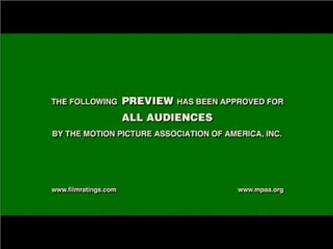A movie trailer is the most important part of the marketing of a film. These two minutes of a film preview could easily make or break a movie, or even the movie studio behind its production. Movie previews are released months before the film hits the theatres. The film can ride the success of a good first-class trailer even if the critics do not think highly of it.

However, the big question that often arises in our minds is that why are these previews called trailers if they are released ages before the actual movie. The answer is that the trailers weren’t always played before the movies. In fact, the first trailer ever made was recorded for a play in 1913 called The Pleasure Seekers.
In 1913, the patrons paid a small fee of a few cents to sit in the theatre for a whole day and enjoy whatever was being screened, usually a combination of short and feature-length movies, or some cartoons. Nils Granlund hit upon a useful idea of promoting the upcoming Broadway plays between the screening rotations. He used the rehearsal videos of The Pleasure Seekers to put up a short promotional video for the upcoming film. Thus, his simple idea changed the movie marketing industry forever.
https://vimeo.com/89871912
William Selig produced a series of short and action-packed adventurous movies with a thrilling cliffhanger, leaving the audience yearning for more, and a promise that they will soon return for the screening of the next part. But how to ensure that they will return? Selig always included a preview of the next episode ‘after’ the movie to keep the audience engaged! This is why the film preview was called a trailer!

The initial trailers for The Adventures of Kathlyn were more like some small videos with the questions such as ‘Would she escape this death or pit?’ and ‘Watch thrilling episode next week!’ Later, the National Screen Service was contracted for trailer production and it maintained this monopoly for around four years.

Today, trailers can indicate the success or failure of a company. The word trailer might not make more sense to you now, but in the old days, this word was used quite literally!


